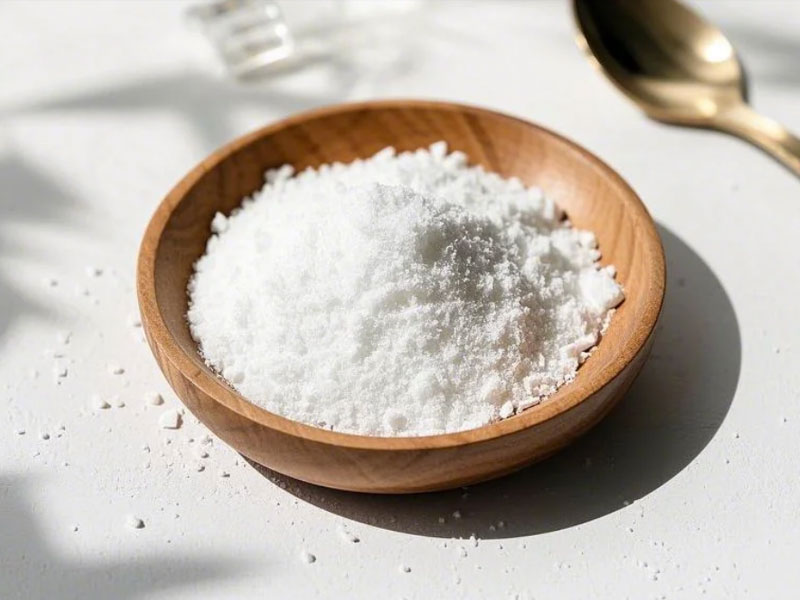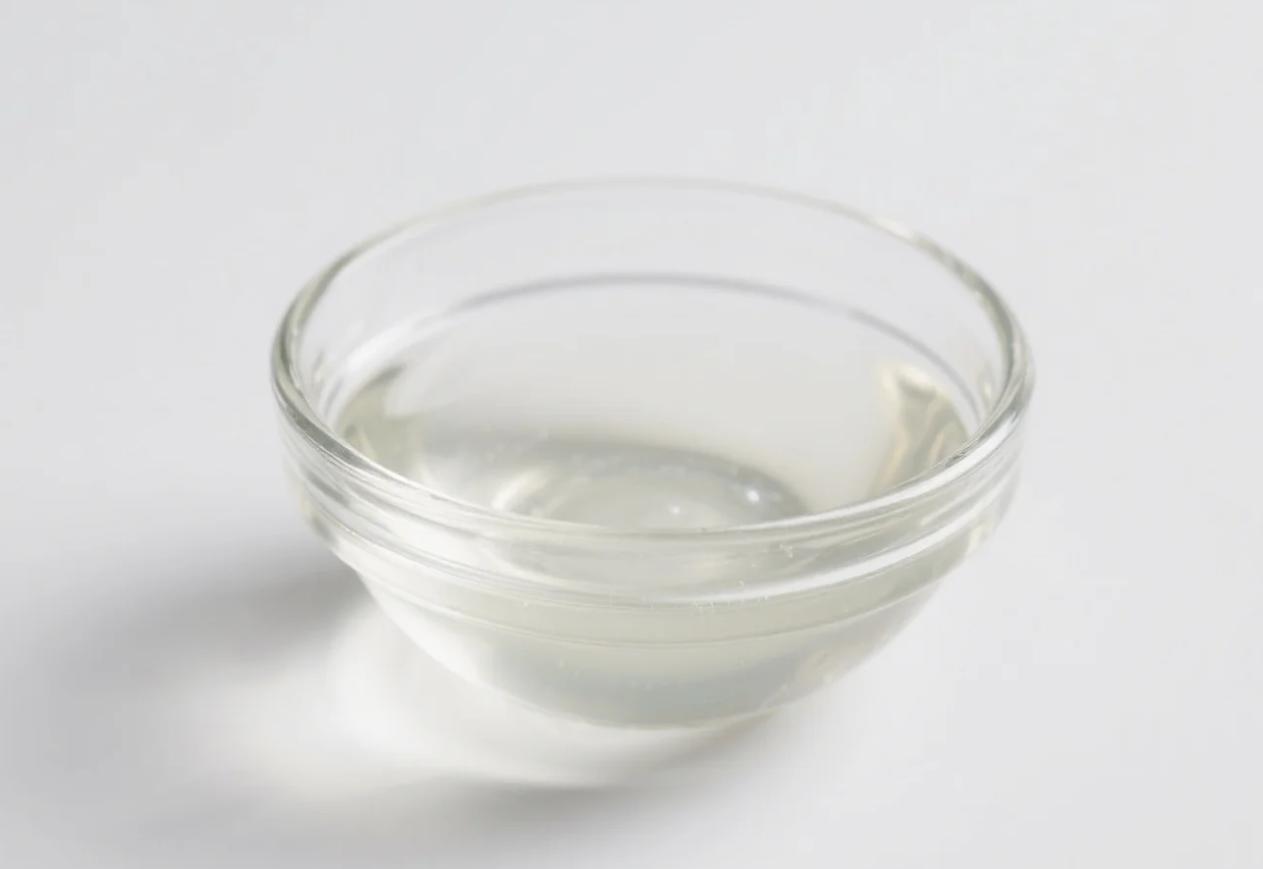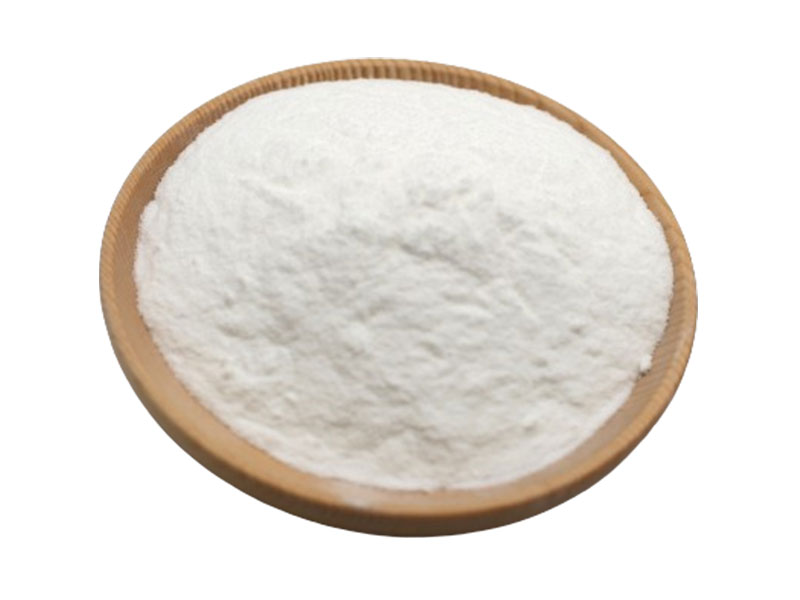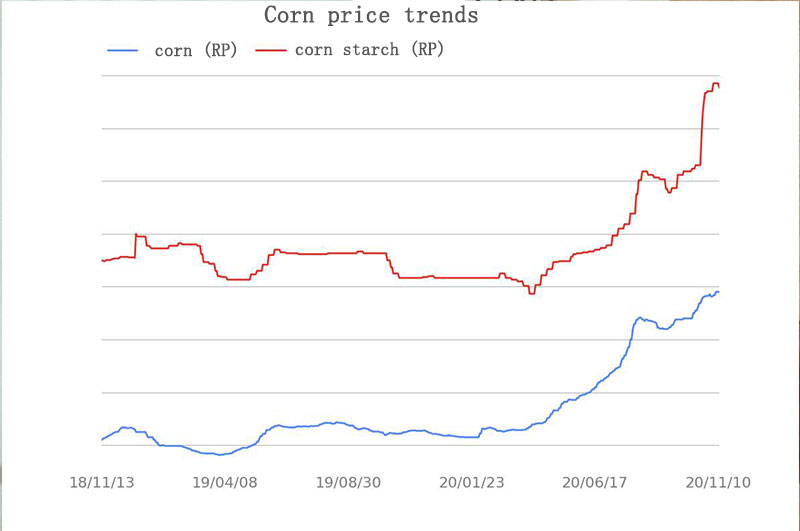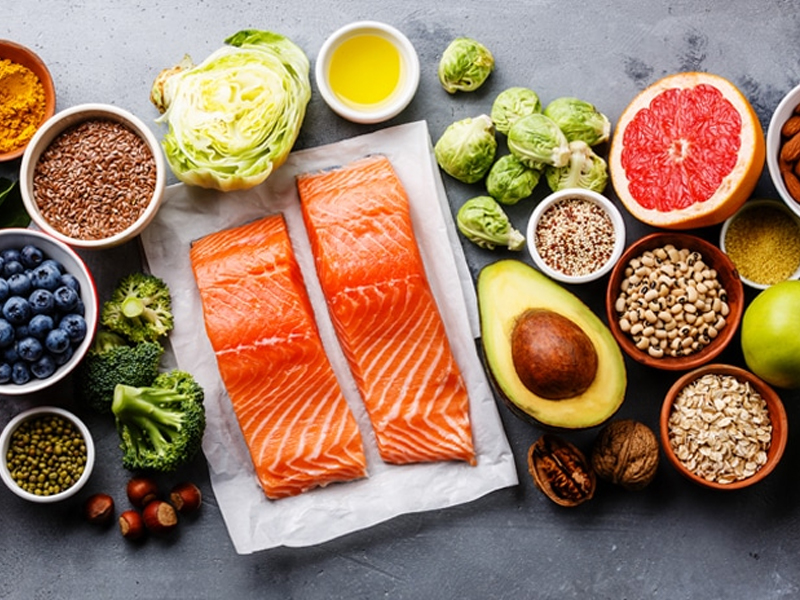In today’s confectionery market, consumers expect more than indulgence—they demand natural, clean-label, and organic ingredients that align with their lifestyle and health values. For manufacturers, balancing taste, texture, and shelf stability while maintaining an organic claim can be challenging. This is where organic dextrose—a naturally derived sweetener—plays an essential role.
Derived from organic non-GMO corn starch, organic dextrose powder (also known as organic glucose powder or organic corn sugar) delivers pure sweetness, functional versatility, and clean-label credibility. It serves as a key ingredient in a variety of confectionery applications, from gummies and hard candies to chocolate coatings and fillings.
1. Natural Sweetness for Clean-Label Candy
Organic dextrose provides a clean, mild sweetness that complements rather than overwhelms other flavors. Compared to sucrose, its sweetness intensity is about 70–75%, making it ideal for balancing taste in confections where too much sweetness can mask flavor nuances.
In applications such as:
- Gummies and jellies
- Caramels and toffees
- Chocolate centers and coatings
- Chewy and hard candies
Organic dextrose ensures a pleasant, natural sweetness that supports clean-label formulations without the need for artificial flavor enhancers.
2. Texture Enhancement and Mouthfeel
One of the standout benefits of organic dextrose is its ability to improve texture and crystallization control in confectionery manufacturing. Its fine particle size and low hygroscopicity make it an excellent functional ingredient for achieving desired product structure.
Key benefits include:
- Smooth mouthfeel: Prevents graininess and ensures consistent texture in fudge, nougat, and cream fillings.
- Controlled crystallization: Enhances structure and stability in hard candies and coatings.
- Softness and chewiness: Maintains elasticity in gummies and fruit chews.
By fine-tuning sweetness and texture, formulators can create products with consistent sensory quality and extended shelf appeal.
3. Shelf Life and Moisture Control
Shelf stability is a major challenge in confectionery, particularly in high-humidity environments. Organic dextrose helps improve shelf life by influencing water activity and reducing the risk of microbial spoilage.
- Lower water activity: Minimizes stickiness and prevents crystallization in storage.
- Reduced hygroscopicity: Protects products from moisture absorption and clumping.
- Improved storage stability: Ensures consistent texture and color retention over time.
For both bulk packaging and individually wrapped candies, organic dextrose supports longer-lasting freshness without artificial preservatives.
4. Ideal for Clean-Label and Organic Claims
Consumers are becoming more label-conscious, seeking treats that are organic, natural, and sustainably sourced. Organic dextrose helps brands position themselves in the premium clean-label segment by offering:
- USDA and EU organic certification
- Non-GMO origin
- No artificial additives or processing aids
- Plant-based and vegan suitability
This makes organic dextrose particularly attractive for B2B confectionery producers looking to reformulate legacy recipes or introduce new organic product lines.
5. Compatibility with Other Natural Ingredients
Organic dextrose integrates seamlessly with other clean-label ingredients to create innovative confectionery profiles:
- With organic maltodextrin or glucose syrup: Enhances elasticity and prevents crystallization in chewy candies.
- With organic allulose or erythritol: Enables reduced-sugar formulations while maintaining sweetness and texture.
- With natural flavors and colors: Delivers vibrant, appealing clean-label candies without synthetic additives.
By combining these ingredients strategically, manufacturers can achieve optimal sweetness, texture, and stability while maintaining an organic formulation.
6. Application Examples in the Confectionery Industry
Organic dextrose is suitable for a wide range of confectionery products, including:
- Gummies and Jelly Candies: Controls viscosity and provides a smooth, elastic texture.
- Chocolate Coatings and Fillings: Acts as a bulking agent and prevents sugar bloom.
- Caramels and Nougats: Improves chewiness and reduces crystallization risk.
- Lollipops and Hard Candies: Provides clarity and stability during high-temperature processing.
Its versatility makes it a core ingredient for B2B confectionery manufacturers developing both traditional and modern clean-label sweets.
7. Processing Advantages for Manufacturers
From a technical perspective, organic dextrose offers multiple production benefits:
- Consistent quality and solubility
- Excellent thermal stability during heating and cooling cycles
- Ease of blending with other dry and liquid sweeteners
- Compatibility with automated confectionery equipment
These characteristics make it easier for food technologists to optimize formulations, reduce waste, and maintain batch-to-batch consistency in industrial production.
As the confectionery industry embraces the clean-label revolution, organic dextrose stands out as a natural, multifunctional, and reliable ingredient that enhances both product performance and market appeal.
By improving sweetness balance, texture, and shelf life, while supporting organic and vegan claims, it enables manufacturers to meet modern consumer expectations without compromising on taste or quality.
For B2B confectionery brands seeking to combine indulgence with integrity, organic dextrose is a key ingredient to future-proof product innovation.
Related Products
Organic Allulose Sweetener
Zero-Calorie, Natural Sweetener for Clean-Label Food, Beverage & Keto Formulations
Organic Glucose Syrup
Natural Sweetener & Functional Ingredient for Food, Beverage & Confectionery
Organic Maltodextrin Powder
Versatile Clean-Label Carbohydrate for Food, Beverage & Nutraceutical Applications
